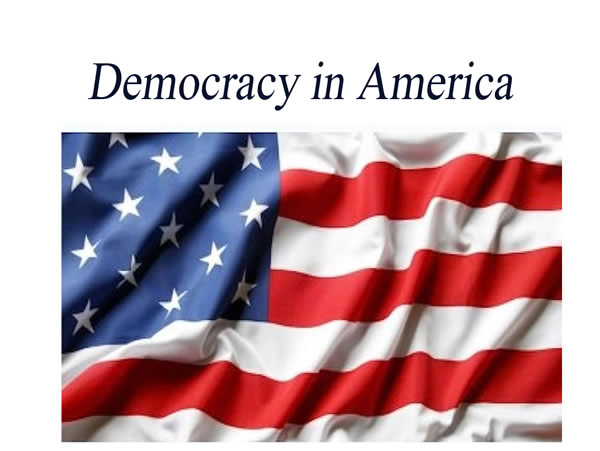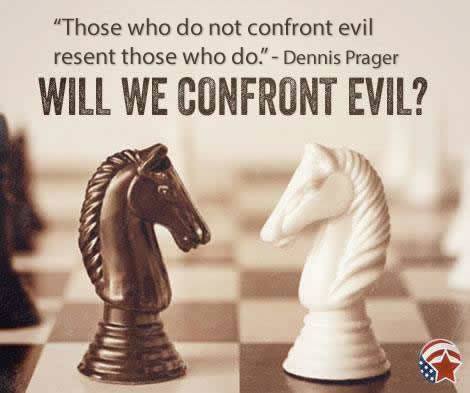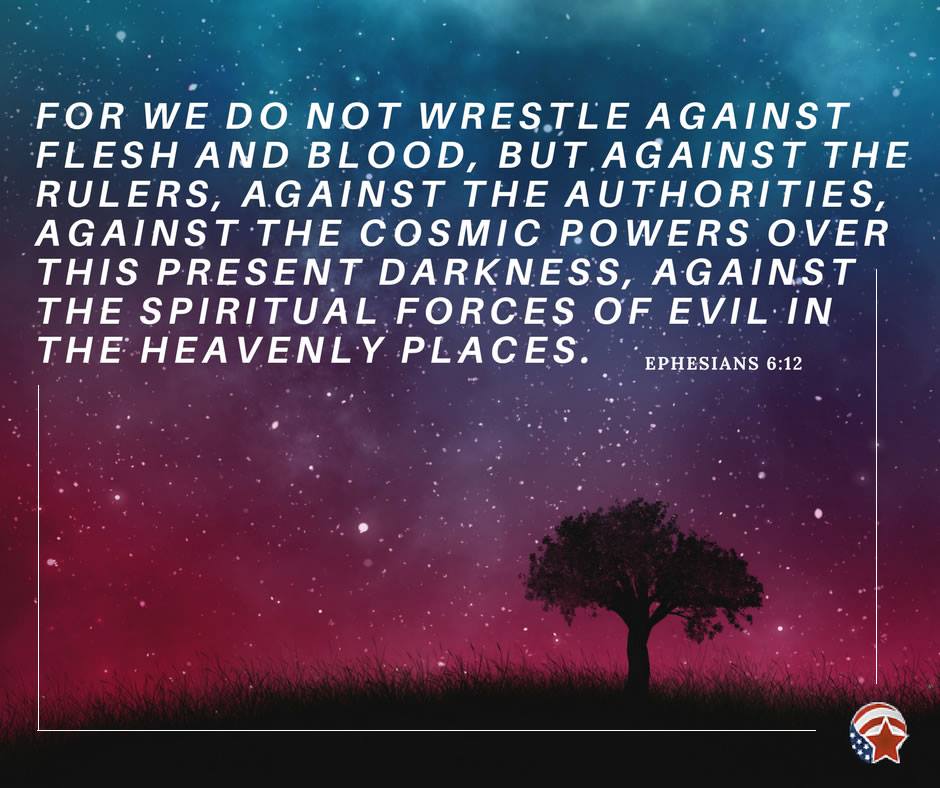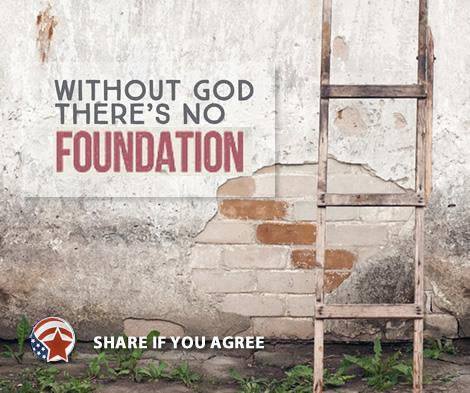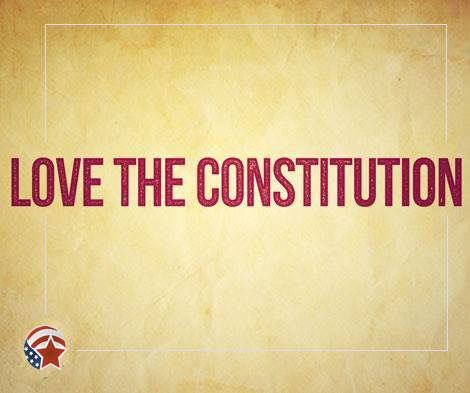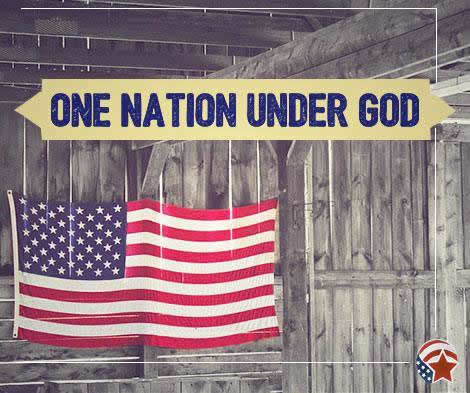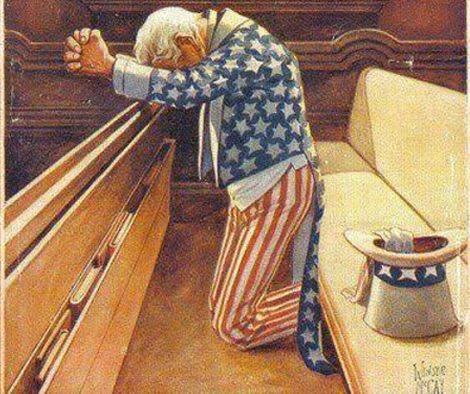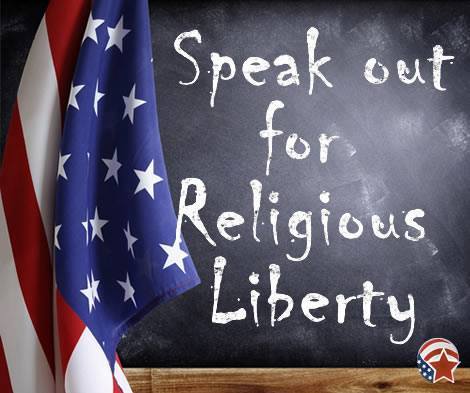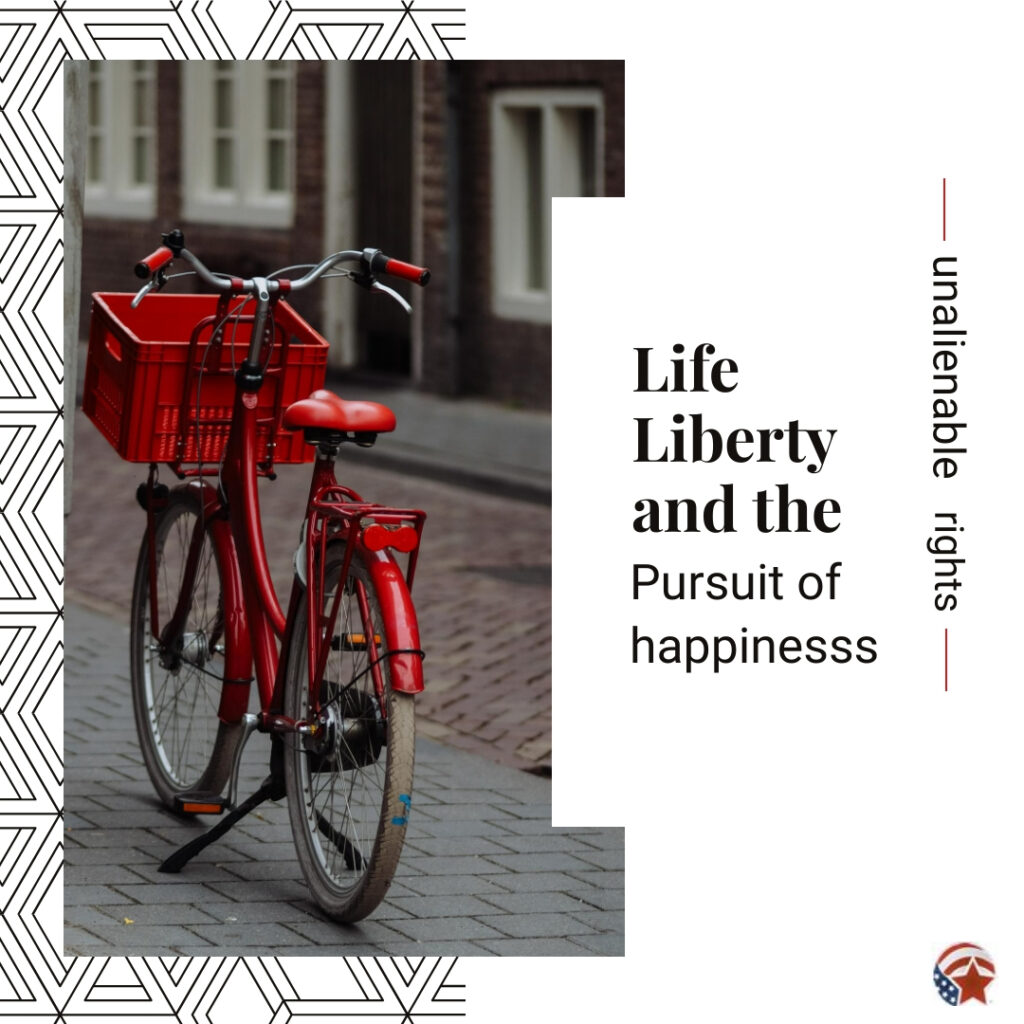| The French political scientist, historian and politician Alexis de Tocqueville [1805-1859] is best known for his classic tome De la Démocratie en Amérique [Democracy in America], published in two volumes in 1835 and 1840. In 1831, he asked for and received official permission from France’s King Louis Philippe of Orléans to examine prisons and penitentiaries in the United States.1 Tocqueville and his lifelong friend, the prison reformer Gustave de Beaumont [1802-1866] stepped off the 500-ton brig Le Havre in New York on May 11, 1831, to begin their nine month journey that took them upriver to Albany, west to Niagara Falls, across the Great Lakes to Detroit, Quebec, and Montreal, then doubled back to Boston in September, and Philadelphia, and then Baltimore. By January 1832, they had visited Cincinnati, Nashville, Memphis, and New Orleans and made one last turn through Washington and New York before departing for France in February. Along the way, they had met John Quincy Adams, the son of John Adams and the single-term sixth president; Andrew Jackson, now the seventh president; Albert Gallatin; John Marshall; Henry Clay; and even the last surviving signer of the Declaration of Independence, the 94-year-old Charles Carroll of Carrollton.2 Tocqueville and Beaumont’s joint book on prisons was published in 1833 under the title On the Penitentiary System in the United States and Its Application in France. Tocqueville, although, was more interested in examining the political and social system of America and the set of fundamental principles that allowed the American republic to survive.3 Tocqueville proved to be a very perceptive and insightful observer and judge of early 19th-century America: “Upon my arrival in the United States the religious aspect of the country was the first thing that struck my attention; and the longer I stayed there, the more I perceived the great political consequences resulting from this new state of things. “In France I had almost always seen the spirit of religion and the spirit of freedom marching in opposite directions. But in America I found they were intimately united and that they reigned in common over the same country … I do not know whether all Americans have a sincere faith in their religion – for who can search the human heart? – but I am certain that they hold it to be indispensable to the maintenance of republican institutions.” In the founding of America, Jesus Christ and freedom were inseparably linked, constituting a keynote that was struck over and over in the writings of early American Founders and was manifest in the 13 Original States Charters and Constitutions of Delaware, Pennsylvania, New Jersey, Georgia, Connecticut, Massachusetts, Maryland, North and South Carolina, New Hampshire, New York, Virginia, and Rhode Island. goo.gl/cBw4Xh What Tocqueville witnessed in American culture was Jesus’ ekklesia Kingdom assignment from Matthew 16:18 in full action. As to what would be “indispensable to the maintenance of republican institutions,” Tocqueville accurately adjudged a moral compass to be the absolute requisite for the sustainability of freedom and for addressing the fundamental questions relevant to state, government, politics, liberty, and justice. Freedom cannot exist in the absence of morality, as the Founders had acknowledged earlier. Just prior to Tocqueville’s visit in the late 18th century, the worldly ideology of Liberté, Égalité, Fraternité [liberty, equality, fraternity] began to creep into American colleges with its destructive tenets devoid of God. America’s dalliance with the false religion of secularism had commenced. The glory of a nation lies in its righteousness, as Proverbs 14:34 teaches, rather than in its GDP and military prowess. Early American education therefore placed the emphasis on the development of good character, wisdom, and virtue, with the Bible as the principal text in public schools. In a glaring reversal of historic reality, present-day secular education theories on the other hand portray Colonial America as boorish, unrefined and undeveloped. In a manner deserving condemnation, godless secularism confiscated public education throughout the 19th and first half of the 20th century. Current curriculums falsely imply to 13 and 14-yr-old girls that “oral sex, anal sex, sexual fantasy, masturbation, touching each other’s genitals, and vaginal intercourse all equal to saying, ‘I like you’.” www.facebook.com/watch/?v=2183613705199157 Such vile hellish advice makes one wonder where American Christendom stands if Christ’s Kingdom ekklesia assignment against which “the gates of hell shall not prevail” is not pursued. |

| A sharp contrast is presented by Angola Prison in Louisiana, the largest maximum-security prison in the United States. Considered to be one of the most dangerous places in America, the prison averaged 40 killings per year, until Burl Cain became the Warden in 1995 and established a branch of the New Orleans Baptist Theological Seminary inside the prison. A spiritual transformation took place causing inmate violence to be reduced by 80%, as prisoners embraced Christ, graduated with advanced degrees in Hebrew and Greek, and began pastoring flocks of God’s sheep inside the prison. Inmates have now built eight churches on the prison ground with private money. In 2015, we took nationally syndicated radio talk show host Dennis Prager for a visit to Angola Prison. Reared in an Orthodox Jewish home, Prager observes Torah law and practices rabbinic traditions. After the visit he was asked, “What’s your take away from today?” “I’m angry,” he answered, “here you have someone that’s found the cure to cancer and no oncologist in America will come get the cure because it has to do with moral rehabilitation. It makes me angry.” WATCH Dennis Prager interview here: theamericanrenewalproject.org/2013/12/angola/ With the hijacking of public education over the last 150 years by secularism, its disciples now promote a load of abhorrent activities, ranging from the murder of babies in utero to the exaltation and normalization of homosexuality and transgenderism, as sacraments in the worship of the false god of secularism. If government-run education bureaucrats would adopt the Angola Prison model in public education, a massive awakening would occur across America. However, with public education in the firm grip of secular falsehood, this is highly unlikely to ever happen. With America as “founded for the glory of God and advancement of the Christian faith,” American Christendom has to find its voice. The message to be delivered can be found in Exodus 5:1-2: “Thus saith the LORD God of Israel, Let my people go, that they may hold a feast unto me in the wilderness. And Pharaoh said, ‘Who is the LORD, that I should obey his voice to let Israel go? I know not the LORD, neither will I let Israel go.’” Gideons and Rahabs are entering the public square. David LaneAmerican Renewal Project 1. www.britannica.com/biography/Alexis-de-Tocqueville 2-3. www.wondriumdaily.com/alexis-de-tocquevilles-journey-across-america/ |

